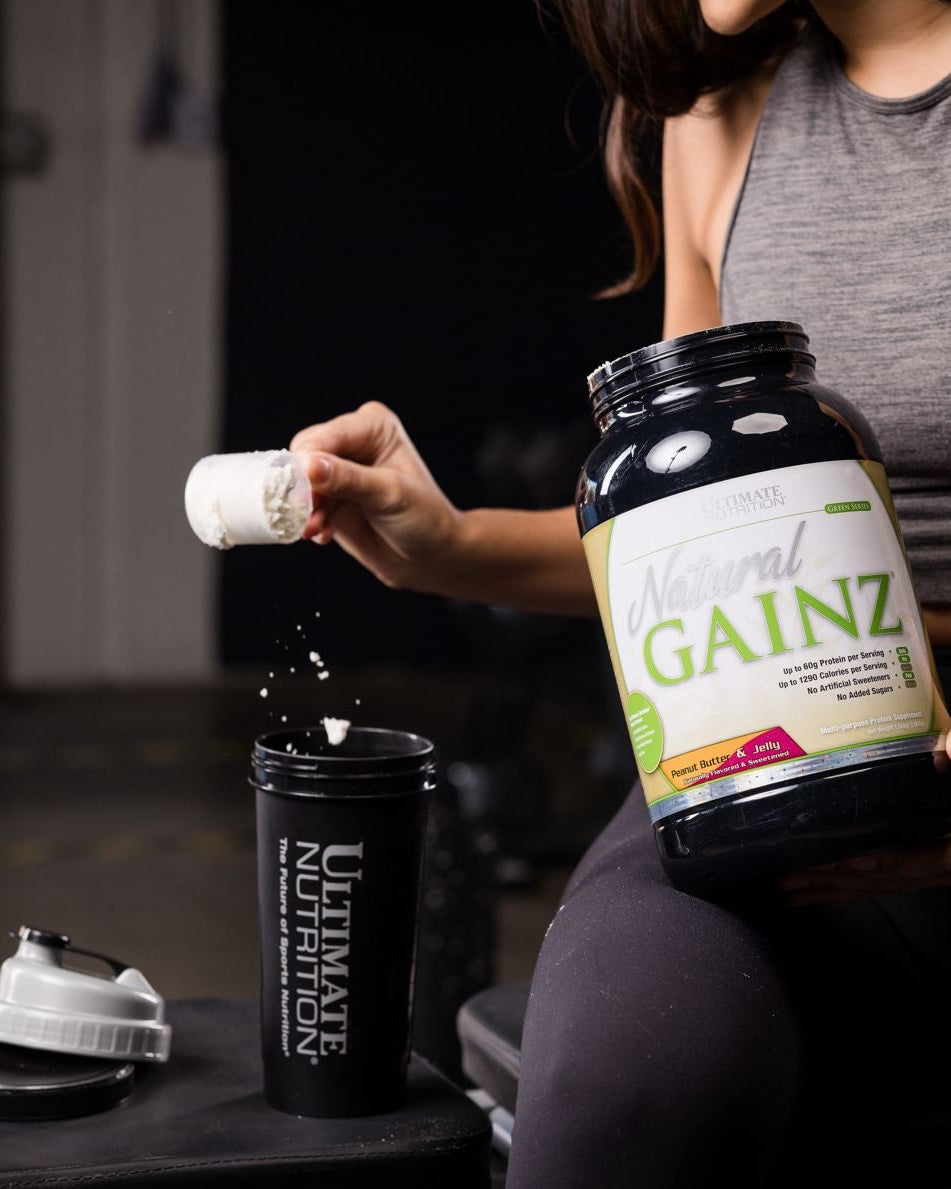A restful night's sleep is essential for overall health, productivity, and well-being. However, challenges like stress, anxiety, or an inadequate sleep environment can hinder it. In this article, we'll share 10 powerful sleep hacks to enhance your sleep quality and help you wake up refreshed and rejuvenated.
Sleep should never be considered a luxury; it is a necessity. Neglecting its importance can lead to various health issues, from obesity and heart disease to a shortened lifespan. Insufficient sleep can cause reduced focus, irritability, and fatigue.
Thankfully, there are effective strategies to improve sleep quality and quantity, benefiting not only your health but also work performance, relationships, and overall enjoyment of life. Adopt these 10 tips to elevate your sleep experience and achieve better rest.

Tip 1: Maintain a Consistent Sleep Schedule
Creating a consistent sleep schedule holds the key to enhancing the quality of your sleep remarkably. Adhering to a fixed bedtime and wake-up time each day aids in regulating your body's internal clock, also known as the circadian rhythm. Such regularity greatly facilitates falling asleep and waking up more effortlessly.
Even during weekends, it is beneficial to maintain the same sleep schedule. Though it may require resisting the temptation to sleep in, the long-term advantages of establishing this routine make the endeavor worthwhile. With time, you might even notice that you naturally wake up without the need for an alarm clock in the morning!
Tip 2: Create a Relaxing Pre-Sleep Routine
Just like toddlers benefit from bedtime routines that signal their bodies it's time to sleep, adults can also find value in adopting a similar approach. Crafting a pre-sleep routine can effectively aid your body in winding down and preparing for rest. Consider incorporating activities such as reading a book, listening to calming music, or engaging in gentle stretching or yoga.
Steer clear of activities that may induce stress or anxiety, as they can trigger the release of cortisol, a hormone that promotes alertness. Instead, opt for activities that promote relaxation for both your body and mind. Additionally, incorporating Ultimate Nutrition’s REM ZONE supplement or ZMA into your pre-sleep routine can further enhance the quality of your sleep. Over time, this pre-sleep routine will serve as a powerful signal to your brain, transitioning you from the day's busyness to the tranquility of night.
Tip 3: Be Mindful of Your Diet
Your dietary choices and eating schedule have a significant impact on the quality of your sleep. To ensure a restful night, it's best to avoid heavy meals, caffeine, and alcohol close to bedtime, as they can disrupt your ability to fall asleep and stay asleep.
Instead, opt for a light and nutritious evening meal, consumed several hours before your intended bedtime. Should you feel a bit hungry later in the evening, consider light snacks like bananas or almonds, as they contain compounds that promote sleep. Stay well-hydrated throughout the day, but try to reduce your fluid intake in the evening to minimize the chances of disruptive nighttime bathroom visits. You can also consider adding Ultimate Nutrition’s GlutaPure supplement which helps reduce muscle soreness, rebuild muscle tissue, and speed up the recovery process while you sleep.
Tip 4: Create an Optimal Sleep Environment
Crafting a sleep-friendly environment can significantly enhance your chances of experiencing a restful night. One crucial aspect is maintaining a comfortable room temperature—usually around 65 degrees Fahrenheit is recommended. Extremes of heat or cold can disturb your sleep.
Equally important is the comfort of your bed. Invest in a high-quality mattress, cozy pillows, and soft bedding that soothes your senses. For some, incorporating white noise machines, eye masks, or earplugs can be helpful in achieving better sleep. Don't hesitate to experiment with these options to discover what best suits your individual needs.
Tip 5: Limit Exposure to Light Before Bed
Before bedtime, being exposed to light can disrupt your body's production of melatonin --a hormone responsible for signaling your body to sleep. This is especially true for blue light emitted by electronic devices like smartphones, tablets, and computers.
To improve your sleep quality, limit device use before bedtime and consider using blue light filters or glasses. Create a sleep-conducive environment by ensuring a dark bedroom with blackout curtains or an eye mask. For added support in regulating your internal clock and achieving better sleep, try Ultimate Nutrition's 100% Premium 3mg Melatonin—a non-addictive sleep aid that can help reset sleep patterns and promote more restful nights. Prioritize your sleep health to wake up refreshed and energized, ready to tackle each day with renewed vitality.
Tip 6: Prioritize Physical Activity
Engaging in regular physical activity can significantly enhance your ability to fall asleep faster and enjoy deeper rest. You don't need to engage in intense workouts; even moderate-intensity exercises like brisk walking or cycling can be effective. To optimize its impact on sleep, try to conclude your exercise routine at least a few hours before bedtime, allowing your body ample time to wind down.
Beyond its direct effects on sleep, physical activity can be a valuable tool for managing stress and anxiety—common contributors to sleep disturbances. Regular exercise can elevate your mood and reduce feelings of anxiety, thus facilitating a more peaceful bedtime routine. Nonetheless, timing is crucial. Exercising too close to bedtime may actually hinder your ability to sleep, so aim to finish your workouts a few hours before you plan to go to sleep.
Tip 7: Avoid Long Daytime Naps
Although short power naps can be advantageous, extended or irregular daytime napping can have adverse effects on your nighttime sleep. If you find it challenging to sleep at night, consider either eliminating daytime naps or restricting them to just 20 minutes in the early afternoon.
Long daytime naps can disrupt your internal body clock, leading to difficulties in falling asleep at night and exacerbating sleep deprivation. If you have a night shift job and need to sleep during the day, consider using blackout curtains or an eye mask to block out daylight, as it can interfere with your ability to achieve a restful sleep.
Tip 8: Cut Back on Stimulants
Substances such as caffeine and nicotine act as stimulants that can hinder your ability to fall asleep. If you find yourself relying on coffee, tea, or energy drinks to power through the day, consider reducing your intake or refraining from them by the early afternoon to ensure they don't impact your sleep.
Similarly, alcohol can disrupt your sleep cycle. While it may initially make you feel drowsy, it can interfere with your REM sleep, which is a vital deep and restorative stage of sleep, leading to nighttime awakenings. To safeguard your sleep quality, it's wise to limit alcohol consumption, especially in the hours leading up to bedtime. Consider incorporating Ultimate Nutrition’s Syntho Gold Protein into your routine. This time release protein not only helps you feel satiated but also ensures your muscles receive a steady supply of nutrients throughout the night, so you wake up feeling satisfied and not hungry.
Tip 9: Manage Your Stress Levels
The impact of stress and worry on sleep can be significant. Incorporating a regular relaxation or stress-reduction routine can be a game-changer in this regard. Consider implementing techniques such as deep breathing, progressive muscle relaxation, meditation, or visualizing a peaceful place.
Incorporating stress-reducing techniques before bedtime can significantly improve sleep quality. Writing in a journal or creating a to-do list can help manage stress and anxiety by offloading worries and tasks from your mind, making it easier to relax and fall asleep. Additionally, consider adding Ultimate Nutrition's GABA supplement to your routine, known for its stress-reducing qualities. By adopting these strategies, you can experience more restful and rejuvenating sleep, leading to increased vitality and well-being throughout the day.
Tip 10: Consider Seeking Professional Help
Even with these helpful tips, if your sleep issues persist or have a severe impact on your health and quality of life, it may be wise to seek assistance from a professional. Health experts or sleep specialists can conduct thorough assessments and offer treatments that can substantially enhance your sleep.
It's crucial to understand that each individual's experience with sleep is unique, and what proves effective for one person may not work for another. If your sleep does not improve despite diligent self-care efforts, don't hesitate to reach out for professional guidance. Persistent sleep problems could be indicative of an underlying sleep disorder or another health condition that requires attention and treatment.
Your Take Home Message
Sleep is essential for overall health and well-being. To enhance your sleep quality, combine healthy lifestyle habits with a serene sleep environment. Consistent sleep-wake schedules, mindful eating, regular physical activity, and stress management can contribute to a more restful night's sleep.
Finding what works best for you may require some experimentation, but remember that consistency is vital. Any positive changes you make are steps towards better sleep and improved health. However, if self-care efforts are insufficient, consider seeking assistance from a sleep specialist. They can provide further insights and support to improve your sleep.
The information provided in our articles are meant for informational and educational purposes exclusively and should not be considered as medical advice. It is essential to consult a healthcare professional before starting a new nutritional product and/or making significant changes to your diet and/or starting a new exercise regime. These products are not intended to diagnose, treat, cure, and/or prevent disease.






















Comments
Sleep is essential for a healthy life as it allows the body to repair itself, supports brain function, and strengthens the immune system. Quality sleep improves memory, concentration, and emotional well-being, reducing the risk of stress and anxiety. It helps regulate hormones that control appetite and metabolism, preventing weight gain and related health issues. Poor sleep is linked to heart disease, diabetes, and weakened immunity, making it crucial for overall well-being. Additionally, sleep enhances physical performance and recovery, benefiting both mental and physical health. Prioritizing sleep ensures a balanced and energized life. I found some helpful content; you can check it too.
https://yourmentalhealthpal.com/tips-to-sleep-well/
https://yourmentalhealthpal.com/do-the-best-sleeping-hacks-to-fall-asleep-faster-work/
In our busy lives, most of us fail to have a sleep schedule, which makes it hard for us to get quality sleep. Good sleep signifies good health, and many studies have also suggested the importance of sleep in maintaining good health. That is why there are hacks that make one fall asleep faster in our hectic everyday lives. Changing our routines is essential if we follow unhealthy night routines, which can affect our sleep. I found some content helpful; you can also check it.
https://yourmentalhealthpal.com/the-best-tim-ferris-sleep-hacks-for-quality-sleep/